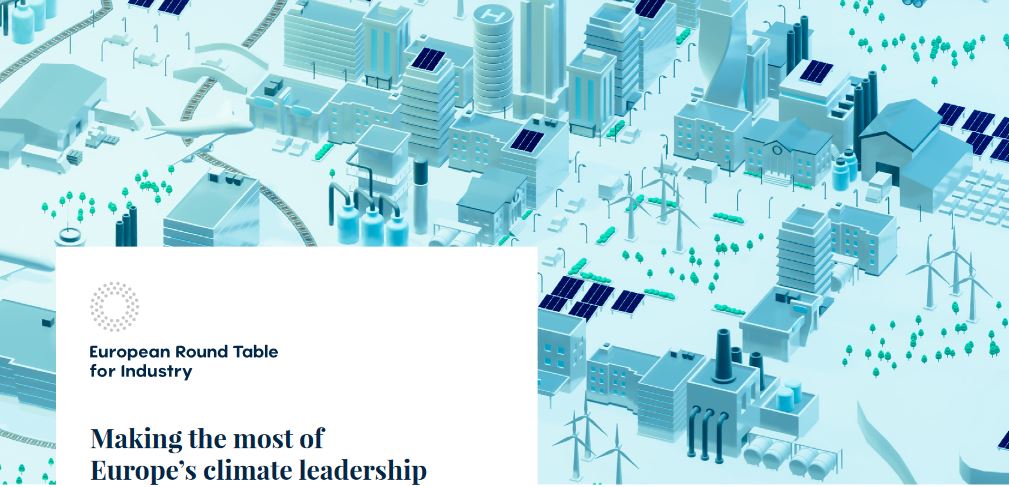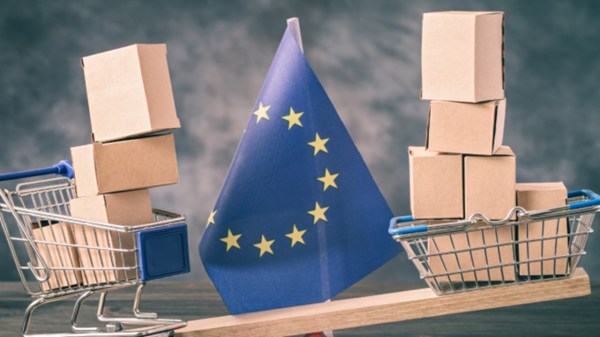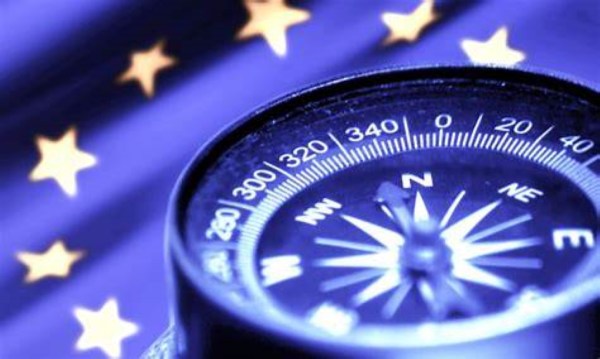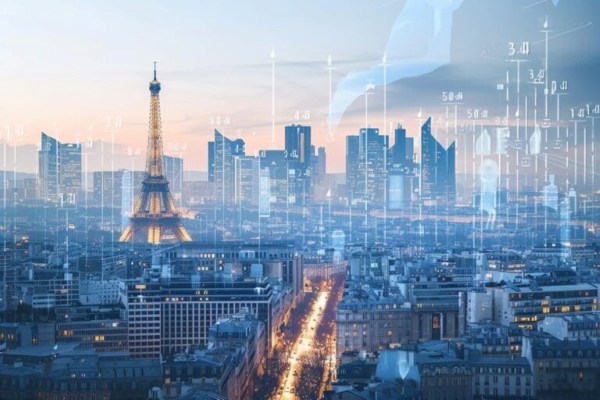On the occasion of the fifth anniversary of the Paris Climate Agreement, 57 business leaders representing some of Europe’s largest industrial and tech companies manifested their compromise to back the Commission’s climate goals around the European Roundtable for Industry (ERT). For this to happen, they shared some ideas to empower the so-called twin transitions (digital and green) in order to achieve a climate-neutral Europe by 2050 and a net greenhouse gas emissions reduction target of 55% by 2030.
(Source: ERT)
The European Green Deal frames the climate ambitions of an entire continent. It defines a strategy for sustainable growth that would deeply transform Europe’s economy, and the way its citizens and companies produce, consume and live. Aiming to contribute to this process, the ERT launched past December – Making the most of Europe’s climate leadership – a new publication that is the result of intensive exchanges between executives from various companies, operating in diverse sectors. The ERT publication lays out some key actions that need to be addressed in order to optimize the transformative opportunities envisioned by the Green Deal. Telefónica is at the forefront in the race for carbon neutrality. Our key target is to achieve net-zero emissions in our main markets by 2025.
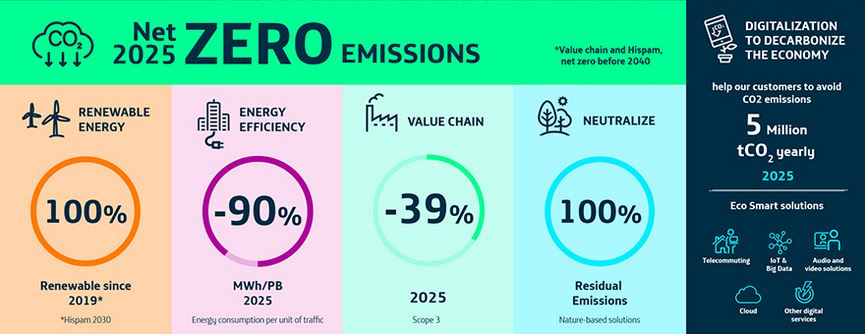
Telefónica’s climate change objectives
Join some of these industry leaders, as well as European Commission Executive Vice-President for the European Green Deal Frans Timmermans for the virtual debate “Industrial evolution: can the Green Deal empower business and consumer change?” on Monday, 15 February at 14:00 CET.
Many people have felt the influence of digitalisation on the environment during the Covid-19 crisis and the confinement, and this has raised a sense that an alternative to our traditional economic model is possible. In the same sense, one of the main conclusions of the work is that digitalization goes hand-in-hand with the green transition.
Digital solutions are crucial to meet the Green Deal’s aims. Digital technologies and services, IoT, big data and artificial intelligence and other related ‘smart’ services are vital tools for decarbonisation. For this, modern connectivity and high-capacity networks (optic fibre, 5G) are key enablers of more efficient and greener services and economies. The link between digital and green transitions will help create new business models increasing employment as well as improving health and quality of life. Europe must build the path to accelerate digital development through high-speed connectivity.
In line with the European Council proposal towards “A Digital Future for Europe“, it is crucial to devise and promote a “Digital Deal” for Europe that is given equal attention and importance as the “Green Deal” with focus on:
- Accelerating the deployment of secure and very high capacity network infrastructures, in particular fiber and 5G, across the EU;
- Unlocking the full potential of digital technologies to achieve the EU’s ambitious environmental and climate action targets;
- Improving digital skills in education systems.
In the context of the Covid-19 health crisis, ERT supported the “Next generation EU” recovery plan presented by Brussels. ERT stated that the digital, financial and sustainability pillars found in the proposed plan presented by the President of the European Commission (EC), Ursula von der Leyen, articulate “a bold vision for the future of the EU”, towards the transition to the green and digital economies. Part of the strategy to recover from the crisis, remove barriers to new growth within the EU, urgently harmonise the rules of the European Single Market and improve a level playing field. Reasons for deep integration are most vital in crucial sectors such as energy, the digital economy and capital markets.
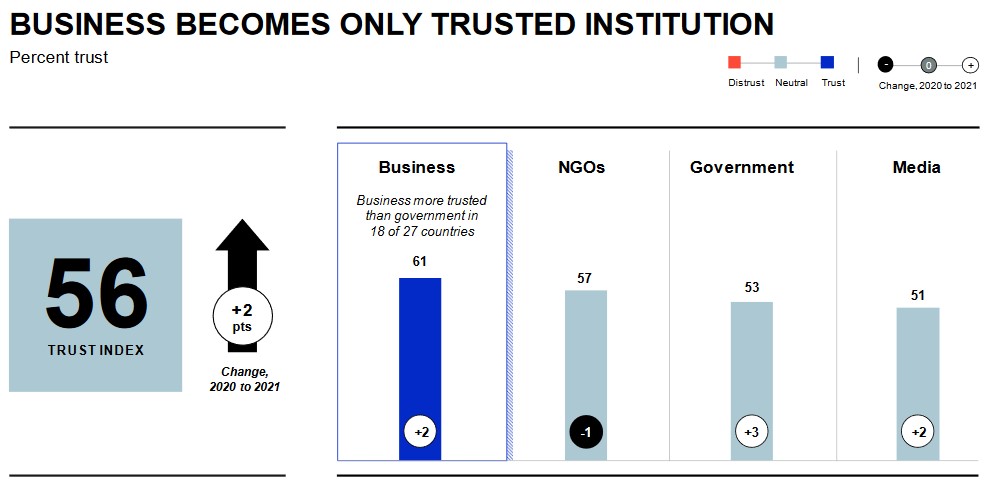
(Source: Edelman Trusted Barometer, 2021)
In the recently published Edelman trusted barometer 2021, while the world seems to be clouded by mistrust and misinformation, it seems there is a glimmer of hope in business. The study shows that business is not only the most trusted institution among the four studied (compared to NGO’s, Governments and Media), but it is also the only trusted institution with a 61 percent trust level globally, and the only institution seen as both ethical and competent. This confidence comes along with a high level of responsibility. The climate imperative demands robust action. The vision and appetite for change are there. Success lies in an enabling framework and when the different pillars of an economy work together towards a common goal.
